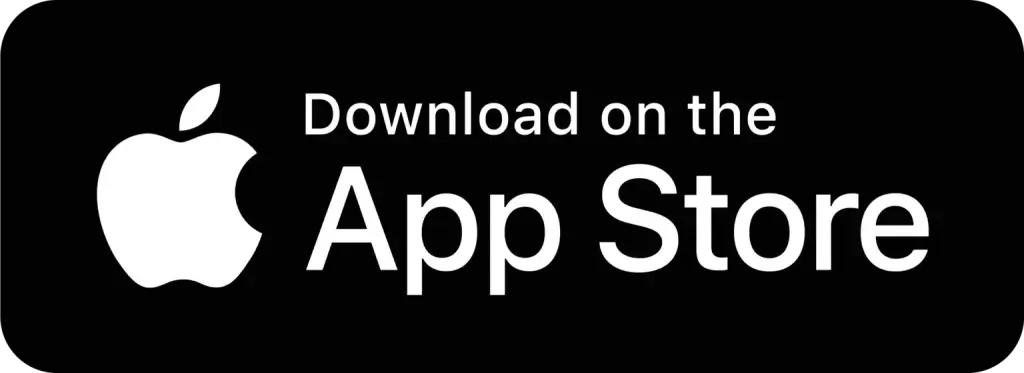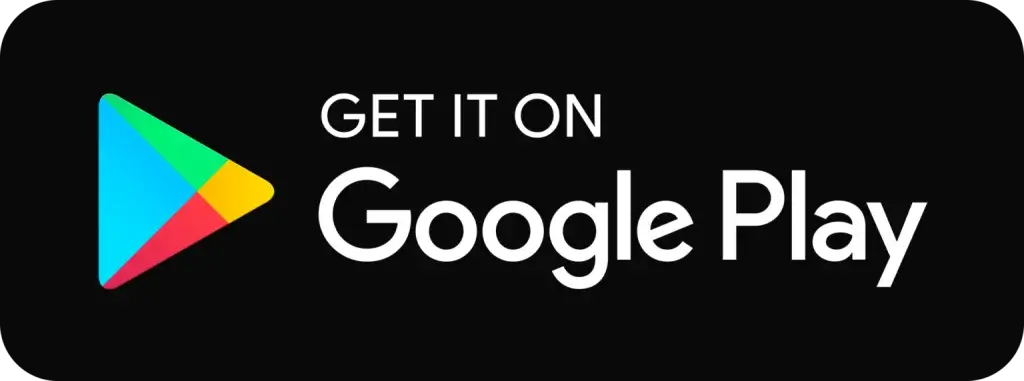People born after 80’, 90’ or 95’. “Entrepreneurship” pushes them away and “start-up” is a dream. Called Ys, Zs, millenials, tablet’s and screen’s generation – or anything else. Boundaries are fluid, terms inaccurate. However surely all of those generations have one thing in common: they scare off employers and astonish older colleagues. Is it possible to manage them effectively and establish great business built on their unique skills?
Let’s start from the beginning, in other words recruitment. About how Ys and Zs are “not adjusted for the market”, how they have “lack of education and unreal expectations”, “they don’t respect work”, “they don’t understand procedures and classified information” – we’ve heard them all. It happens for one simple reason – most of the employers understand recruitment as it has always been understood: we have vacancy in the company’s structure so we’re looking for perfect candidate for it. What if we changed this paradigm? Firstly search for great, motivated, competent people with passion and then make positions for them?
● Great because we need to get on well with them
● Motivated because inner motivation (manager’s Hoy Grail) isn’t hard to find among Ys and Zs, unless responsibility is matched with them – not the job title
● Competent but not for fulfilling specific tasks but for achieving adequate goals (for Ys and Zs means to achieve goals are changing so fast that every trial to structurize it makes no sense)
● Passionate because for Ys and Zs it’s the most important (feeling that what I do makes actually sense and I like it!)
● Making job positions because of that approach, bigger problem is making accurate job title on the business card then choosing the perfect candidate for position based on specified procedures and duty list.
Changing recruitment’s paradigm doesn’t mean that we can’t expect specific knowledge or skills. For example: in indaHash we’re perfectly aware that every single candidate is confident while surfing on all social medias and that they’re using them everyday. But on the other hand it doesn’t mean that they shouldn’t have all the knowledge on this subject. Being a user isn’t always the same as being able to answer the question “how to fix it” or “how to use it”.
Did we manage to find right people? Time to move on to management. Here’s the most important thing. You don’t manage Ys and Zs – you collaborate with them. Vertical, restricted rules and structures won’t work. Small, teams made of 6-7 people in horizontal flexible structure and supervisor, who is member of each team and takes part in team’s work – that’s fundamental. His/her managing role is essential. Here we are, not talking about human management, but (same as it was while discussing recruitment) talking about instead goals management and individuals’ responsibilities. Dynamic tempo of environment changes, where Ys and Zs move fluently with their multitasking skills, makes it definitely more effective.
When it comes to setting goals, long-term and short-term ones as equally important. This is instant generation – everything must be happening immediately, right here, right now. That’s why current goals should be short-term and evident with clearly set finish line. On the other hand, Y and Z want to fulfill in their passion and have a feeling, that what they do makes sense – so they must feel that the project is coherent with their interests, it leads somewhere and it will bring desired results. Thanks to setting long-term goal this way, without narrowing Y or Z just to specific tasks, we’ll use his passion, preference for diversity of those tasks and realising many things at one time to expand company towards desired direction. To sum up setting goals: Y and Z must know: “why am I doing it now?” and “what impact does it have on the future?”.
As in recruitment, same in daily management – you should remember not to manage people but manage their clearly defined responsibility range. For project realisation we don’t need to match people by their position and by what do they do by daily job basic. Let’s match people who understand projet, feel it, see sense in it and willingly undertake it. Then management would come down to optimal project adjustment for the target and advantages of an employee. What is more, honing strongest Y’s or Z’s assets will affect his future effectiveness. Feeling that “I’m the best at what I do” (or “I’m aiming for it and my company is helping me”) causes social and colleagues approval, which enhances Y’s inner motivation and gives him necessary feeling of personal growth.
The last one is absolutely essential for Ys and Zs. If you don’t give them personal growth – don’t count on loyalty. These young people who can’t stagnate, have a huge need of learning and exhibiting themselves. If you give them this possibility (by organizing trainings, workshops, providing specialistic or comprehensive knowledge – preferably everything a little, because diversity for Ys and Zs is a value) and take care of good atmosphere (there are many ways to do that: in turns we use evening integration with drinks and all day workshops with coach) the amount of grassroots initiatives, innovative ideas and proposed improvements can surprise you.
To sum up: if you’ll approach YZs properly, you’ll receive team of amazing people and self-organizing structure. Everyone will co-create the company by adding own ideas to it. Everyone will enthusiastically come up with initiatives and mythical “bottom-up”, innovations and improvements will be dailiness. And something else will appear, something that’s hard to call differently than “company spirit”. To achieve that, the only thing person who manage people has to do is… not to manage people. Resign from full control, share responsibility and collaborate.





